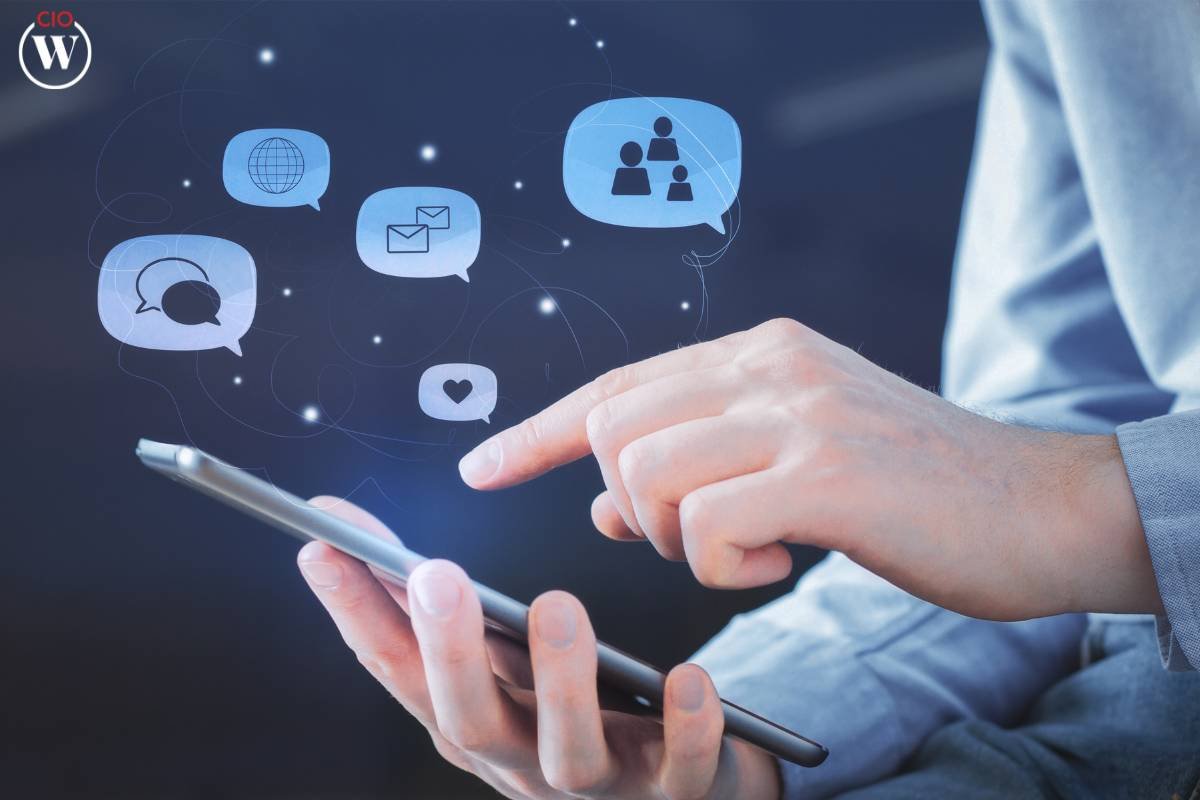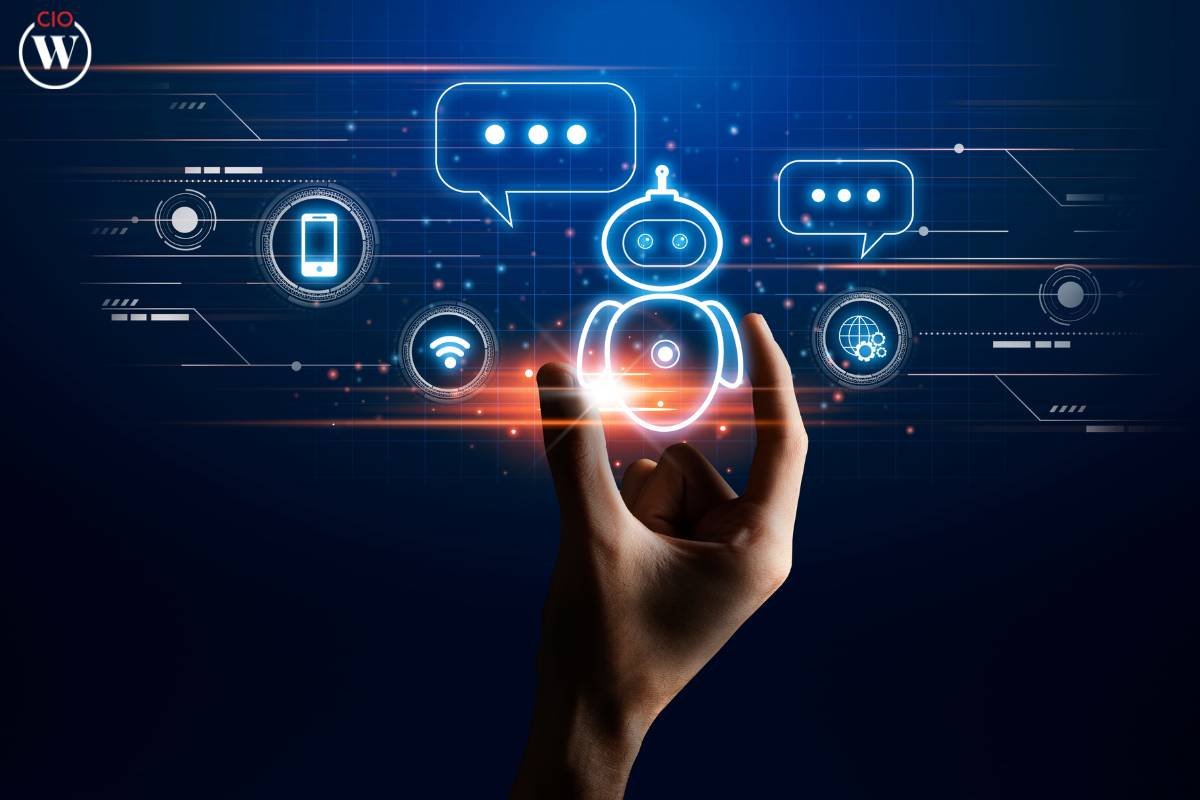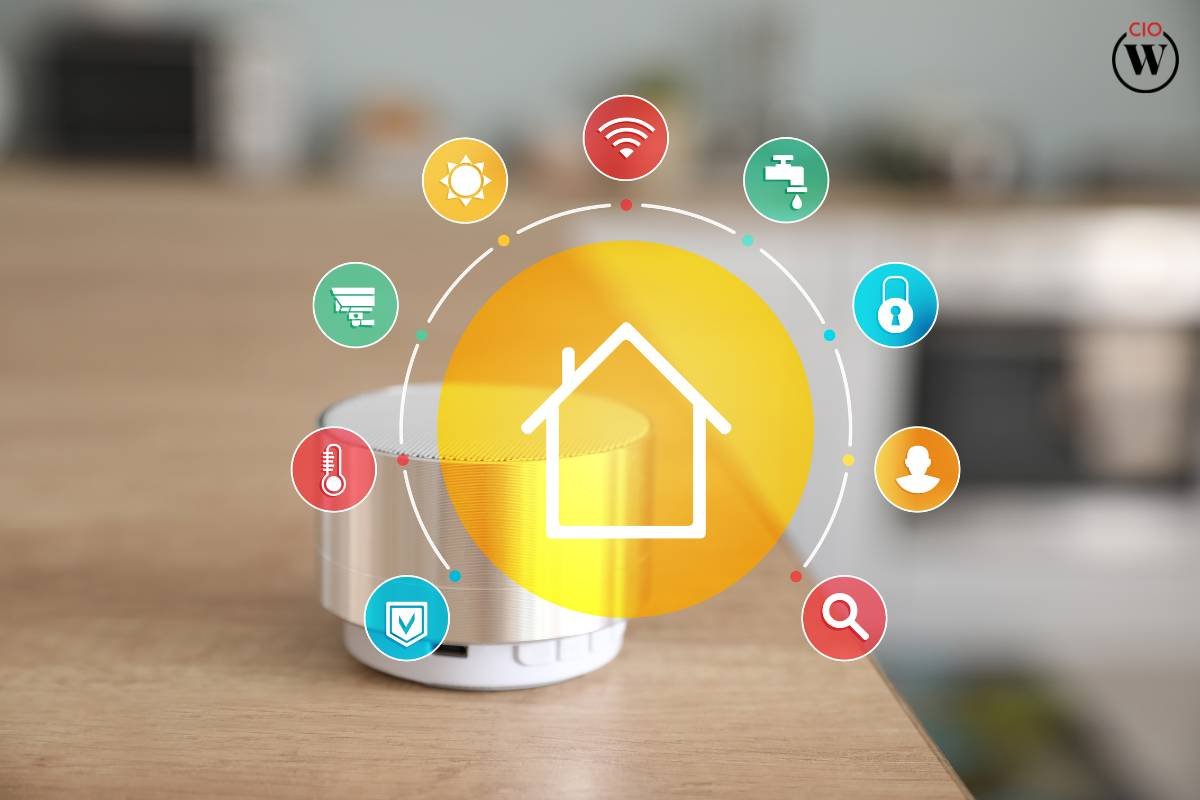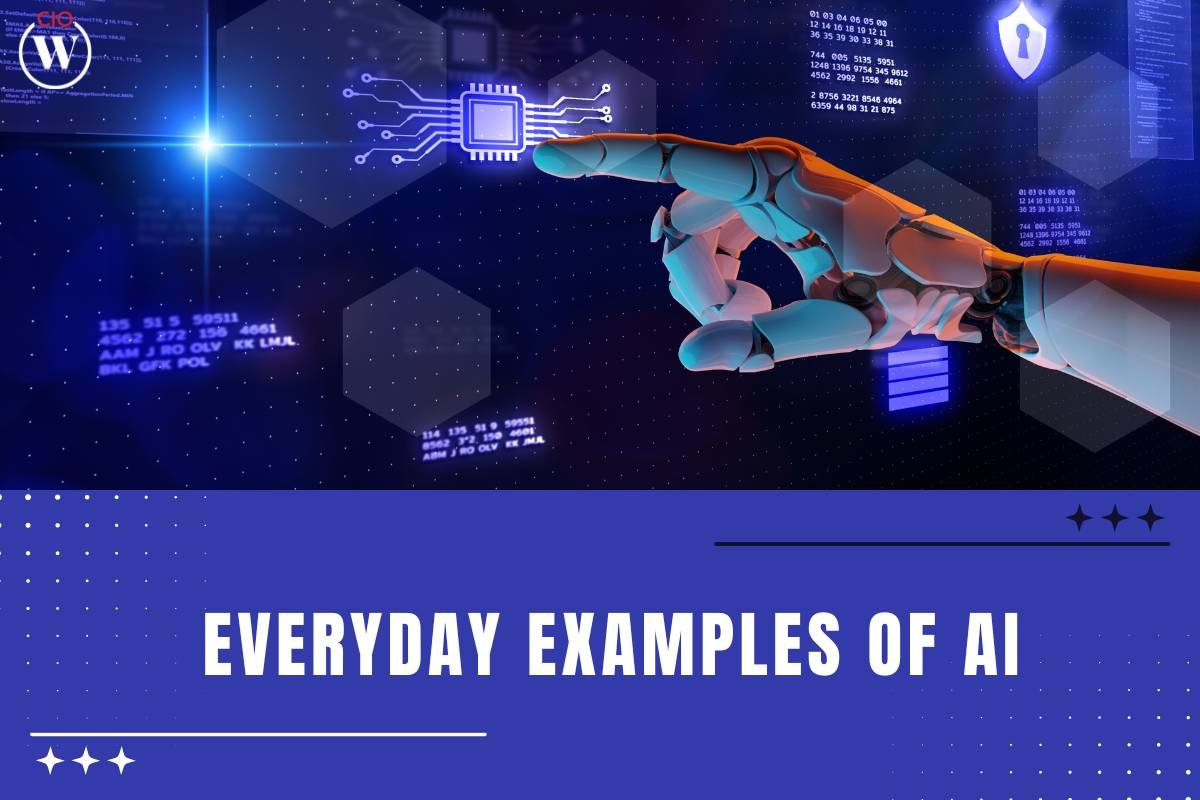Today, artificial intelligence (AI) has become an integral part of our daily lives. From the moment we wake up to the time we go to bed, AI seamlessly integrates into various aspects, making our routines more efficient and enjoyable. In this article, we will explore the 10 best everyday examples of AI, showcasing how this technology is enhancing and shaping our day-to-day experiences.
Here are 10 best Everyday Examples of AI:
1. Smart Assistants – An Everyday AI Companion
One of the most ubiquitous examples of AI in our daily lives is the use of smart assistants. Devices like Amazon’s Alexa, Apple’s Siri, and Google Assistant have become integral parts of many households. These AI-driven assistants respond to voice commands, helping us set reminders, answer queries, play music, and control smart home devices. Whether it’s checking the weather or creating a shopping list, smart assistants exemplify the everyday convenience that AI brings to our lives.
2. Personalized Recommendations – Tailoring Our Choices
AI algorithms power the personalized recommendations we encounter daily on platforms like Netflix, Amazon, and Spotify. By analyzing our preferences, past behavior, and interactions, these algorithms suggest movies, products, and music that align with our tastes. This application of AI not only saves time but also introduces us to new and relevant content, enhancing our entertainment and shopping experiences.
3. Social Media Algorithms – Connecting Us More Intelligently

Social Media algorithms are one of the prime everyday examples of AI. Every time we scroll through our social media feeds, AI algorithms work behind the scenes to curate content based on our interests and engagement patterns. Platforms like Facebook, Instagram, and Twitter utilize AI to optimize our timelines, showing us posts from friends, pages, and groups that are more likely to capture our attention. This personalized approach to content delivery keeps us engaged and connected with the people and topics that matter to us.
4. Email Filtering – Streamlining Communication
Email inboxes can quickly become overwhelming with the influx of messages. AI-powered email filtering, such as Gmail’s Smart Reply and spam detection features, helps organize and prioritize emails. By analyzing the content and context of messages, these algorithms categorize emails, highlight important information, and suggest quick responses. This everyday application of AI simplifies our communication and ensures that we focus on the messages that require our attention.
5. Navigation Apps – AI Guides on the Road
Whether we’re commuting to work or embarking on a road trip, navigation apps like Google Maps and Waze employ AI to optimize routes based on real-time traffic data. These apps consider various factors, such as current road conditions and historical traffic patterns, to provide the most efficient and time-saving directions. AI’s role in navigation has become indispensable, ensuring that we reach our destinations faster and with minimal disruptions.
6. Online Customer Support – AI Chatbots at Your Service

In the realm of customer service, AI-powered chatbots have become instrumental in providing instant assistance. Many websites and businesses employ chatbots that use natural language processing to understand user queries and offer relevant information or solutions. These virtual assistants enhance the customer experience by providing quick responses, resolving common issues, and directing users to the appropriate resources.
7. Predictive Text and Autocorrect – Smoothing Our Communication
The predictive text and autocorrect features on our smartphones are everyday examples of AI applications that enhance our written communication. These algorithms analyze our typing patterns, learn from our language usage, and predict the next word or correct spelling mistakes. This predictive capability not only accelerates our typing speed but also reduces errors, making our text messages and emails more coherent and polished.
8. Health and Fitness Apps – AI as a Wellness Partner
When we talk about everyday examples of AI, health and fitness apps come across as a prominent example. AI has found its way into health and fitness applications, becoming a virtual wellness partner for many. Apps like Fitbit and MyFitnessPal use AI algorithms to analyze data from wearable devices, track physical activities, and provide personalized insights. By understanding our fitness habits, these apps offer tailored recommendations for exercise routines, nutritional choices, and sleep patterns, contributing to our overall well-being.
9. Smart Home Devices – AI-Enhanced Living Spaces

The rise of smart home devices, such as thermostats, lights, and security systems, has revolutionized the way we interact with our living spaces. These devices leverage AI to learn our daily routines and preferences, adjusting settings accordingly. For example, smart thermostats can optimize heating and cooling based on our habits, while AI-powered security systems can identify unusual activities and send alerts. The result is a more comfortable and secure home environment.
10. Language Translation Apps – Breaking Language Barriers
AI-driven language translation apps have become indispensable tools for overcoming language barriers. Apps like Google Translate use machine learning algorithms to analyze and translate text, speech, and even images in real time. Whether we’re traveling, communicating with people from different linguistic backgrounds, or exploring foreign literature, these applications open up new possibilities and foster global connections.
Conclusion
In conclusion, the integration of AI into our daily lives is both pervasive and transformative. The 10 everyday examples of AI highlighted in this article demonstrate the diverse ways in which this technology enhances our experiences, making them more efficient, personalized, and enjoyable. As AI continues to evolve, we can expect even more innovations that will further shape and redefine our everyday routines, providing us with unprecedented levels of convenience and connectivity. Embracing these advancements, we are witnessing a future where AI becomes an indispensable part of our daily existence.









